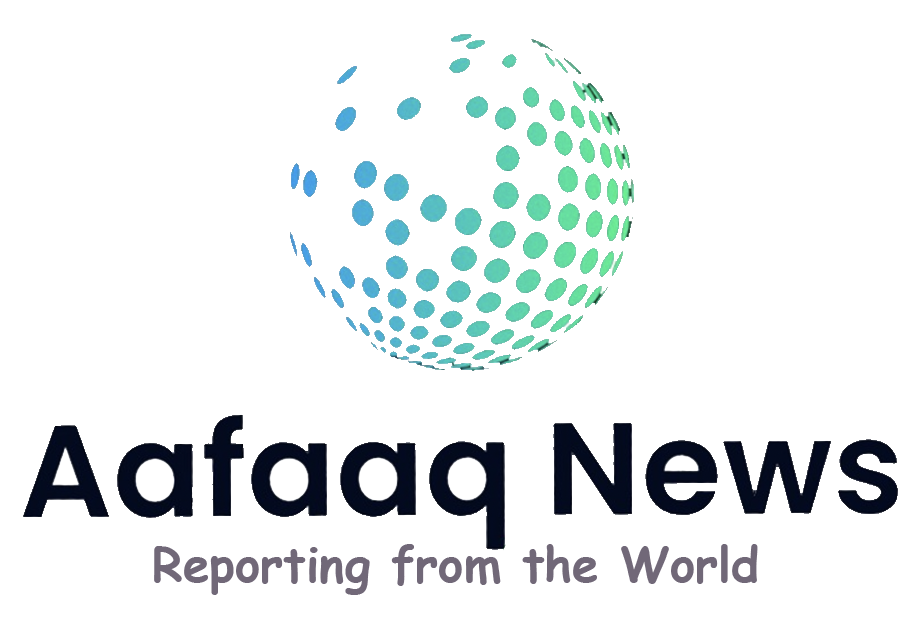The recent Memorandum of Understanding signed between Ethiopia and the breakaway state of Somaliland, granting Ethiopia control over a significant portion of the Port of Berbera, has ignited a firestorm of controversy and raised serious concerns about the erosion of Somalia’s sovereignty. This move, which seemingly disregards international law and undermines the unity of the Somali state, represents a dangerous precedent with far-reaching implications for the stability of the Horn of Africa.
At the heart of the issue lies the struggle for recognition and autonomy faced by Somaliland since declaring self-rule in 1991. While Somaliland has built functional state institutions, its lack of international recognition has left it in a precarious position, vulnerable to exploitation by regional powers like Ethiopia. By striking this lease deal with Somaliland, Ethiopia gains strategic access to the Gulf of Aden, further complicating the already volatile geopolitical landscape of the region.
The Somali government, understandably, has vehemently opposed the agreement, viewing it as a blatant violation of its territorial integrity and sovereignty. President Hassan Sheikh Mohamud’s swift response to nullify the deal underscores the gravity of the situation. However, Somalia’s ability to assert its authority over regions like Jubaland and Puntland, where secessionist movements are gaining momentum, is increasingly called into question. The government’s internal struggles, compounded by external pressures, paint a bleak picture of its capacity to maintain unity and control.
The involvement of other regional actors, such as the United Arab Emirates and Kenya, adds another layer of complexity to the situation. The UAE’s military presence and commercial interests in Berbera Port, coupled with Kenya’s alleged interference in Jubaland, exacerbate tensions and undermine Somalia’s sovereignty even further. The convergence of interests among these external players threatens to exacerbate existing conflicts and sow discord within Somalia, playing into the hands of extremist groups like al-Shabab.
The international community’s response to these developments has been mixed, with condemnations pouring in from various quarters. However, concrete action to address the root causes of Somalia’s instability remains elusive. The Arab League’s tepid response, in particular, highlights the shortcomings of regional organizations in safeguarding the sovereignty of member states.
In light of these challenges, it is imperative for Somalia to garner support from its allies and partners to counter external threats and internal divisions. A concerted effort to address the underlying grievances of marginalized communities and reconcile competing interests within the country is essential to preserving Somalia’s unity and sovereignty. Moreover, regional powers must refrain from pursuing narrow strategic interests at the expense of stability and peace in the Horn of Africa.
The lease deal between Ethiopia and Somaliland represents a dangerous encroachment on Somalia’s sovereignty and territorial integrity. Unless decisive action is taken to address the root causes of instability and reconcile competing interests, the country risks further fragmentation and descent into chaos. The international community must step up its efforts to support Somalia in overcoming these challenges and charting a path towards a more stable and prosperous future.















